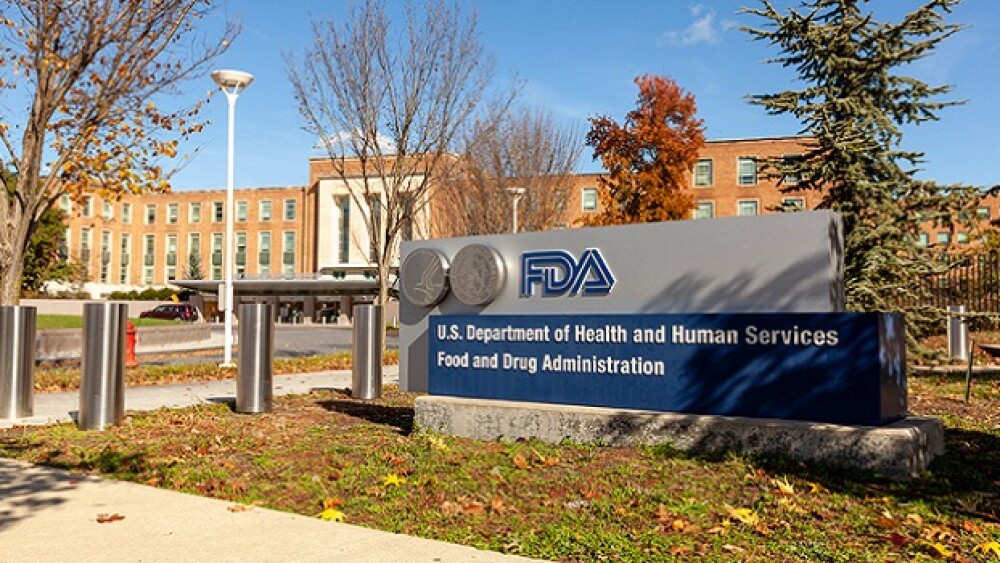Primary end points met with significant reduction versus placebo seen in menopausal hot flash severity scores and frequency, alongside rapid onset of action
January 4th 2017, 7am CET – Ogeda, a clinical-stage drug discovery company that invents and develops small molecule drug candidates targeting G-protein coupled receptors (GPCRs), today announces positive top line data from the Phase IIa trial of its lead drug candidate fezolinetant (ESN364) in the treatment of menopausal hot flashes (HF).
Fezolinetant treatment achieved the primary endpoints of the trial, namely a significant reduction in:
• the frequency of moderate-to-severe HF at week-4 (88% reduction from baseline for fezolinetant treated group vs. 38% for placebo, p<0.001) and at week-12 (93% reduction from baseline for fezolinetant treated group vs. 54% for placebo, p<0.001), and
• the HF severity at week-4 (60% reduction from baseline for fezolinetant treated group vs. 12% for placebo, p<0.001) and at week-12 (70% reduction from baseline for fezolinetant treated group vs. 23% for placebo, p<0.001).
The HF Score, a regulatory required endpoint and commonly used composite score that assesses both frequency and severity, demonstrated a reduction from baseline at week-4 (89% reduction for fezolinetant treated group vs. 38% for placebo, p<0.001) and at week-12 (94% reduction for fezolinetant group vs. 46% for placebo, p<0.001).
For each of the parameters cited above, statistically significant (p< 0.001) reductions between fezolinetant treated group vs. placebo were observed after only one week of treatment, demonstrating a very rapid onset of action.
Fezolinetant treatment also satisfied relevant secondary endpoints including the demonstration of a significant improvement vs. placebo in quality of life assessed using the Hot Flash Related Daily Interference Scale (HFRDIS) (p<0.001) at all time points.
No severe adverse events were reported in either treatment group, although fezolinetant had a lower percentage of patients with mild-to-moderate adverse events reported (67% for treated group vs. 80% for placebo).
Jean Combalbert, CEO of Ogeda, said: “These positive results demonstrate that menopausal women may finally be able to look forward to a rapid, effective and safe non-hormonal treatment for menopausal HF, a treatment option that has been demanded for a long time. Chronic use of Hormone Replacement Therapy (HRT), estrogen-based drugs currently dominating the menopausal HF market, is associated with various health risks. We are excited and committed to develop fezolinetant as a potential breakthrough treatment option for patients suffering from menopausal HF.”
Pr. Herman Depypere (UZ Ghent), principal investigator said: “More than 80% of menopausal women develop hot flashes and 20% to 30% of this population seek treatment because their symptoms are severe and debilitating and negatively affect their quality-of-life. The Women’s Health Initiative Study advises against the chronic use of HRT due to important safety concerns including the increased risks of cancer and cardiovascular events. The degree of relief demonstrated with fezolinetant (a non-HRT) in this study could represent an important breakthrough in the way we can manage menopause.”
The Phase IIa data was generated in a double-blind, placebo-controlled, 12-week study conducted in seven clinical sites in Belgium. Eighty (N=80, ITT population) menopausal women experiencing a minimum of 49 moderate-to-severe HF per week were recruited into the study and equally randomised into two cohorts and treated with fezolinetant (90 mg, twice a day) or placebo. HF frequency and severity were self-reported on a daily basis throughout the 12-week treatment period and two-week recovery period. Comprehensive safety assessments were maintained throughout the study, and pharmacokinetic, hormone and quality-of-life data were measured at pre-defined intervals.
Based on these results Ogeda intends to advance fezolinetant into a large-scale Phase IIb study in menopausal HF in 2017.
About fezolinetant (ESN364)
Fezolinetant (ESN364) is a proprietary, oral, small-molecule, discovered and developed by Ogeda for the purpose of the treatment of women’s health disorders. Fezolinetant is an antagonist of the GPCR known as the tachykinin NK3 receptor and acts on specific neurons that control body temperature to mimic the effects of estrogen, but in a non-hormonal manner, to directly and safely address the basis for HF in menopausal women.
Fezolinetant is also currently in development for women’s health indications affecting pre-menopausal women. Phase IIa trials are ongoing for the treatment of polycystic ovary syndrome (PCOS) wherein the selective actions of fezolinetant to lower luteinizing hormone (LH), but not follicle-stimulating hormone (FSH), is relevant for a rebalancing of the LH-to-FSH ratio to restore menstrual cycle regularity, fertility and treat hyper-androgenism. Also, fezolinetant is being investigated as a superior option to gonadotropin-releasing hormone (GnRH) products as fezolinetant reduces levels of the ovarian hormones estrogen and progesterone, but in a non-castrating manner, as would be required for the safe, effective, chronic treatment of uterine fibroids and endometriosis.
About Ogeda
Ogeda is a Belgium-based, privately owned clinical-stage drug discovery company that invents and develops small molecule drug candidates targeting GPCRs. Ogeda’s orally-available and proprietary lead drug candidate fezolinetant (ESN364) is currently in Phase II clinical development for the treatment of women’s health disorders. Ogeda has additional small molecules targeting GPCRs in pre-clinical development in multiple therapeutic areas including inflammatory and autoimmune diseases. Ogeda is backed by leading investors, including Vesalius Biocapital, Fund+ and SRIW. For more information, please visit: www.ogeda.com




